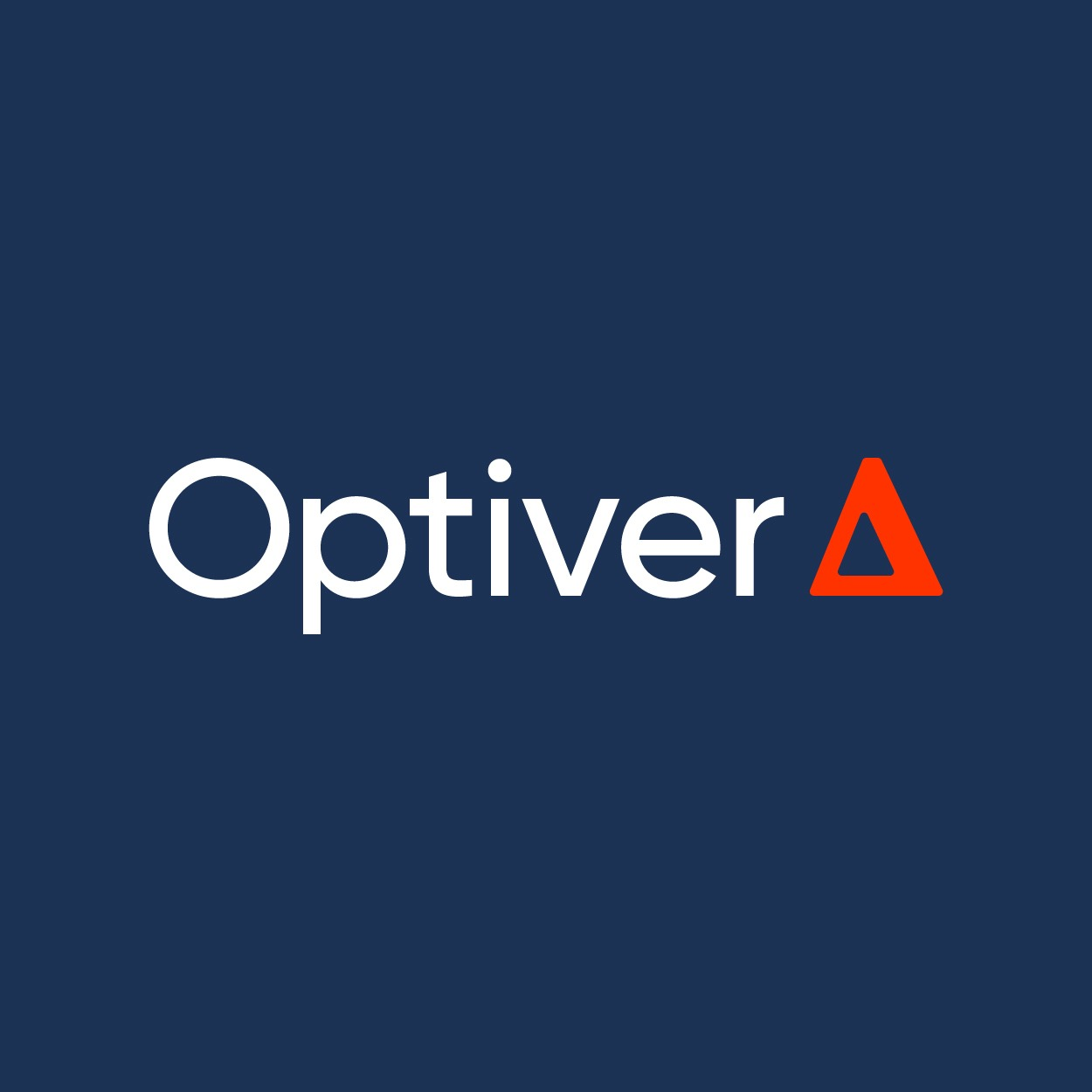
Optiver
Lemonade Stand
Question Metadata
- Interview Type
- technical
- Company
- Optiver
- Last Seen
- Within the last month
- Confidence Level
- High Confidence
- Access Status
- Requires purchase
Purchase access to view the full interview question
Assessment Rubric Overview for "Lemonade Stand" Interview Question
The "Lemonade Stand" problem is designed to evaluate a candidate's proficiency in system design, object-oriented programming (OOP), and algorithmic problem-solving, aligning with Optiver's emphasis on practical, real-world challenges. Optiver's interview process focuses on assessing how candidates approach complex problems, their ability to communicate their thought process, and their adaptability to new information. (optiver.com)
Core Competencies and Skills Evaluated:
-
System Design: Candidates are expected to design a beverage tracking system that manages multiple stores, orders, and inventory, adhering to specified limits. This tests their ability to architect scalable and efficient systems.
-
Object-Oriented Programming (OOP): The problem requires implementing classes and methods that encapsulate the behavior of stores, orders, and beverages, demonstrating a solid understanding of OOP principles.
-
Algorithmic Problem-Solving: Efficiently processing orders, updating limits, and managing state changes necessitate strong algorithmic thinking and the ability to optimize solutions for performance.
-
Data Structures: Utilizing appropriate data structures to track orders, inventory, and store statuses is crucial for maintaining system integrity and performance.
Behavioral Traits and Problem-Solving Approaches Assessed:
-
Analytical Thinking: The ability to dissect complex requirements and devise a coherent system design is key.
-
Attention to Detail: Ensuring that all constraints and edge cases are handled appropriately reflects meticulousness.
-
Communication Skills: Clearly articulating design decisions and the reasoning behind them is essential, as Optiver values transparent and effective communication. (optiver.com)
-
Adaptability: Responding to hypothetical changes in requirements or constraints during the discussion showcases flexibility and problem-solving agility.
Assessment Process Expectations:
Optiver's interview process is known for its rigor and focus on real-world problem-solving. Candidates can expect:
-
Collaborative Problem-Solving: Interviews often involve working through problems with the interviewer, reflecting the collaborative nature of the work environment. (optiver.com)
-
Technical Depth: Discussions may delve into the technical aspects of the solution, including trade-offs and justifications for design choices.
-
Behavioral Evaluation: Assessments of cultural fit and alignment with Optiver's values are integral to the process.
Preparation Recommendations:
-
System Design Practice: Engage in exercises that involve designing scalable systems with multiple interacting components.
-
OOP Mastery: Strengthen understanding of OOP concepts, focusing on class design, inheritance, and polymorphism.
-
Algorithm Optimization: Practice solving problems with an emphasis on time and space complexity to develop efficient solutions.
-
Data Structure Familiarity: Review and apply various data structures, such as hash maps, queues, and trees, in different contexts.
-
Mock Interviews: Participate in mock interviews to simulate the problem-solving and communication aspects of the assessment.
Evaluation Criteria and Technical Concepts:
-
Design Coherence: The solution should be logically structured, with clear relationships between components.
-
Efficiency: Solutions must be optimized for performance, considering both time and space complexities.
-
Scalability: The design should accommodate potential growth in the number of stores, orders, and beverage types.
-
Robustness: Handling edge cases and ensuring the system remains stable under various scenarios is crucial.
Optiver-Specific Expectations and Cultural Fit Considerations:
-
Ownership and Initiative: Demonstrating a proactive approach to problem-solving and taking ownership of the solution aligns with Optiver's "own-it" culture. (optiver.com)
-
Collaboration: Effective teamwork and the ability to engage in constructive discussions are valued traits.
-
Continuous Learning: A commitment to personal and professional growth is important, as Optiver encourages intellectual curiosity. (optiver.com)
By focusing on these areas, candidates can prepare effectively for the "Lemonade Stand" problem and align their approach with Optiver's interview style and company culture.
Other verified questions from Optiver